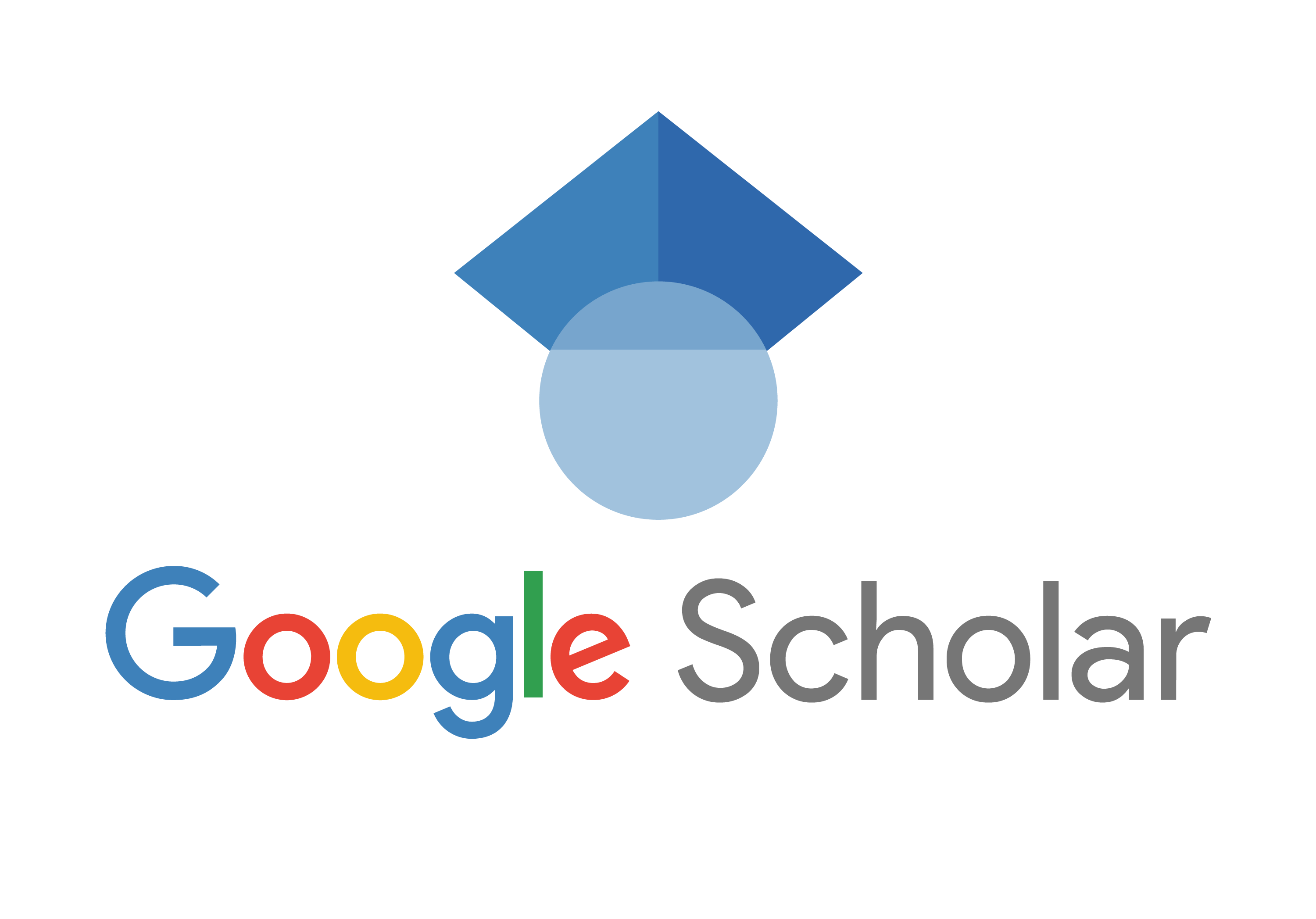تطوير التّعليم العالي في جامعة السّلطان الشّريف علي الإسلاميّة: الآليّات والتّحدّيات والحلول - برنامج الشّريعة نموذجا: Developing Higher Education at Sultan Sharif Ali Islamic University: Mechanisms, Challenges and Solutions - Sharia Program as a Model
Published 2024-01-31
Keywords
- Development,
- higher education,
- mechanisms,
- challenges,
- solutions
- sharia-program,
- UNISSA ...More
How to Cite

This work is licensed under a Creative Commons Attribution 4.0 International License.
Copyright NoticeAbstract
A successful university education is built on flexible curricula that combine theory and practice, which pushes students to self-learning through research and critical questioning rather than simply receiving information. This requires students to communicate with their external surroundings; with researchers and reality, as well as the link between academic learning and learning in the workplace, With a focus in academic education on continuous follow-up with auditing and evaluation, to achieve its comprehensive goals between enlightenment and liberation, and between the academic dimension and the social dimension, and making use of information technology to achieve this, especially in Sharia subjects, which are dominated by the theoretical side in educational curricula. The research aims to explain the mechanisms for developing higher education at Sultan Sharif Ali Islamic University through the Sharia program, to reveal the challenges that impede the development of this program, and then propose the solutions to face these challenges, by following the analytical descriptive method. The research concluded that the development of higher education is not achieved by simply using information technology, but rather by linking the curriculum to the external environment, and practical application based on the feasibility study, also, successful university education is what pushes students to self-learning through research and critical questioning, therefore, one of its priorities must be the development of scientific research, which is considered the main engine for innovation, creativity, production, and development, in order to confront the challenges that hinder the progress of higher education, especially the Sharia program. The most prominent proposed solutions to address the challenges is to increase the number of workshops and training camps for students to reveal their innovations and skills, and to expand the scope of practical training for the program’s students to include all government departments, institutions and private companies.



